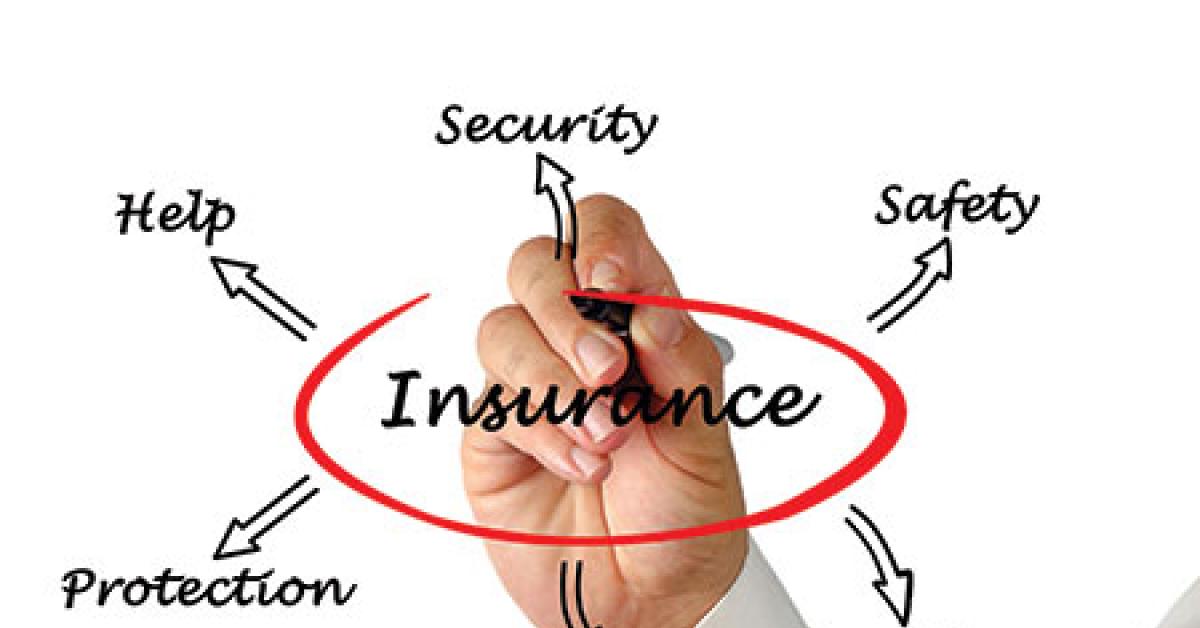RONKONKOMA, N.Y. — Proper automotive insurance protection can go a long way in seeing that your business smoothly navigates its route to success. Don’t let inadequate insurance cause your ride to be a bumpy one.
Vehicles used for business purposes should be insured on a “Business Auto Policy.” The owner of a drycleaning business should never use their personal vehicle for business pursuits, as most personal automobile insurers exclude coverage for accidents arising out of such pursuits.
Placing your company’s advertising on a personally insured vehicle would be a major mistake, as doing so demonstrates its use as a business vehicle (contrary to what was intended on a personal insurance policy). Plus, it heightens awareness in the event of an accident that the business could be brought into suit, even if the accident was not during a period when the vehicle was being used for business.
Make certain that your business auto (including any corporately owned vans, trucks or private passenger vehicles) insurance policy recognizes that your company vehicles are making deliveries or are being used between your business locations (between drop stores and your drycleaning plant, for example).
Typically, the vehicle must be registered in the corporate name to be insured on a “Commercial or Business Auto Policy,” unless the business is owned in an individual’s name. If a dry cleaner’s employees are making deliveries in their personal vehicles, then the business needs “Non-Owned Auto Liability” coverage. This provides the business with liability coverage in the event an employee is in an accident while working and using their personal vehicle.
It is equally important to be certain the employee has reasonable liability limits of their own and not just the state-required minimums. As a rule of thumb, employees using their vehicles while performing work duties should have limits equal to at least the dry cleaner’s minimum required umbrella liability limits. However, the employee may also be in violation of their personal insurer’s expected use provisions if they use their personal vehicle for business reasons, whether they own the business or just work there.
“Hired Auto Liability” coverage provides a business with liability coverage for autos leased, hired, rented or borrowed from other than an employee, an officer of the company, or a member of their household.
For a reasonable premium, “Umbrella Liability” coverage extends the business’ liability limits above all other qualified underlying policies such as the general liability and automobile coverages.
In layman’s terms, if a claim exceeds the limits of your current insurance, the umbrella policy will kick in to provide needed coverage. This creates another level of protection of the business’ assets in the event of a claim. This coverage should be considered, especially when the business’ liability exposure extends to drivers and vehicles that go beyond the controls of the four walls of the business. Umbrella coverage, available in various limits depending on needs, may also provide broader coverage for exposures not included in the underlying liability limits.
Finally, when considering the transportation of customers’ goods, be sure that “Bailee” coverage is extended to a customer’s garments while they are off the business premises in the delivery vehicle or en route to another processor (“In Transit”). Without this most important coverage, if the garments are stolen from the vehicle, or damaged during a delivery, the dry cleaner could be on the hook without having proper coverage and adequate limits.
“Delivery Errors and Omissions” coverage will pay sums for which you become legally obligated to pay as damages to customers’ property you failed to deliver or delivered to the wrong party.
It is vitally important to have periodic reviews of insurance programs with a qualified insurance professional to ensure the coverage that is included and/or excluded is adequate to protect you and your business in the unfortunate event of a loss or claim.
The efforts you make to properly insure your business—most likely your most valuable asset—will pay off when coverage is needed. A comprehensive insurance program will provide you with peace of mind and enable you to focus on growing your business.
Have a question or comment? E-mail our editor Dave Davis at [email protected].

